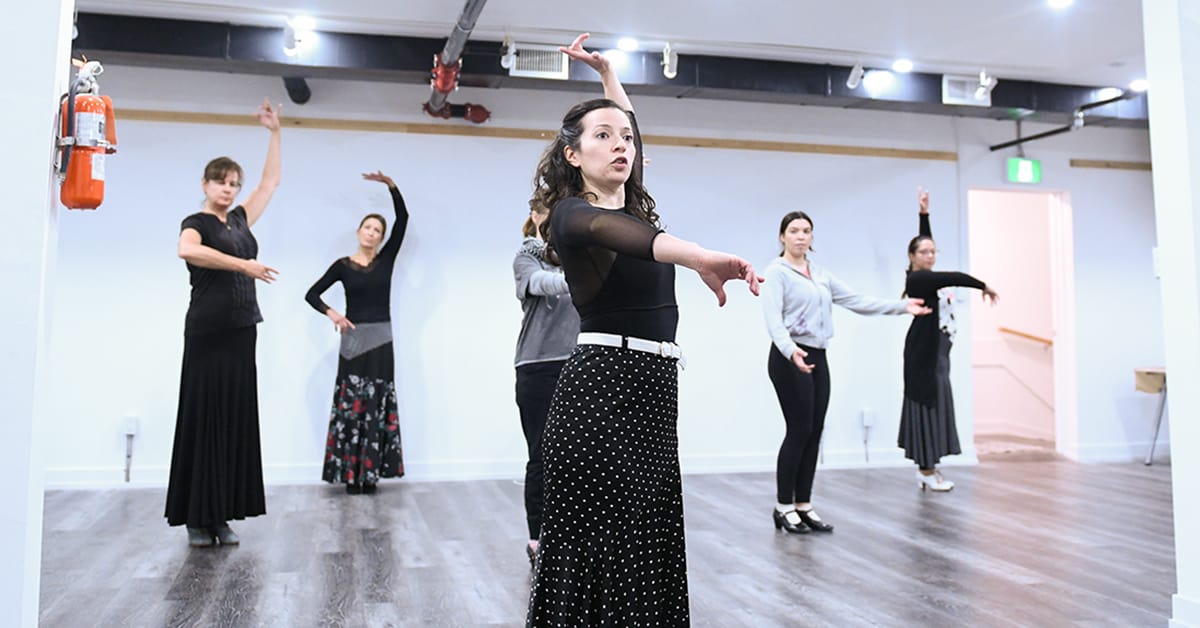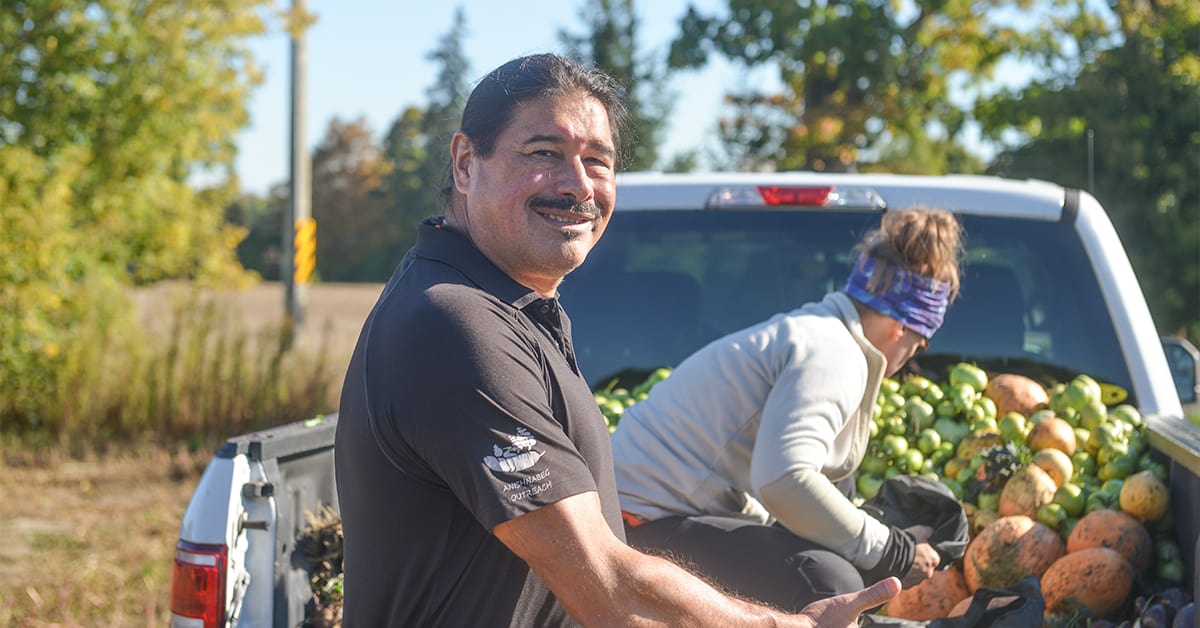;
;
;
Next Article
The sounds of southern Spain echo in St. Jacobs

What was once 10 acres of weeds in the Breslau area became a symbol of partnership on last month’s National Day for Truth and Reconciliation. That day saw volunteers from local churches and the Anishnabeg Outreach, which provides culturally appropriate services for Indigenous residents in the region
Last updated on May 03, 23
Posted on Oct 13, 22
3 min read
